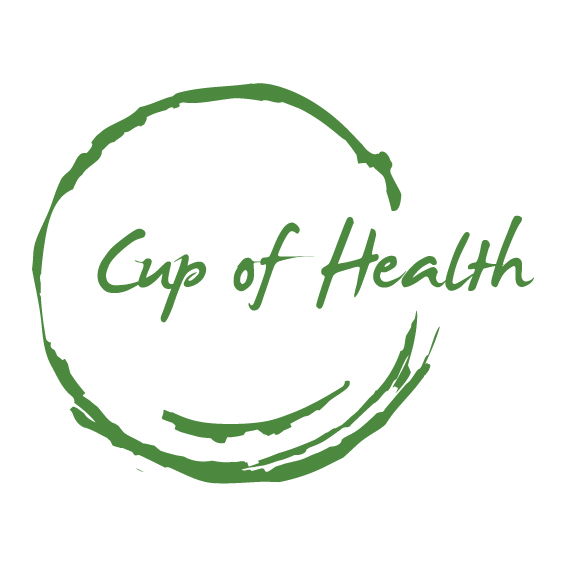Holistic Approaches for Managing ADHD: 9 Natural Remedies to Explore
Attention-deficit/hyperactivity disorder (ADHD) is a neurodevelopmental condition that affects both children and adults, characterized by symptoms such as difficulty focusing, impulsivity, and hyperactivity. While ADHD is typically managed with medications and behavioral therapies, some individuals seek natural remedies to complement their treatment. Here are nine natural approaches that may help manage ADHD symptoms:
1. Diet Modifications:
a. Omega-3 Fatty Acids: Incorporating foods rich in omega-3 fatty acids, such as fatty fish (salmon, mackerel, and sardines), flaxseeds, and walnuts, may help improve attention and reduce hyperactivity.
b. Balanced Nutrition: Maintain a well-balanced diet with whole foods, including fruits, vegetables, lean proteins, and complex carbohydrates. Avoid excessive sugar and processed foods, as they can exacerbate ADHD symptoms.
2. Regular Exercise:
Physical activity can help increase dopamine and norepinephrine levels in the brain, which are neurotransmitters associated with attention and focus. Encourage daily exercise, such as swimming, biking, or team sports, to help manage ADHD symptoms.
3. Mindfulness and Meditation:
Mindfulness practices, like meditation and deep breathing exercises, can improve attention, impulse control, and emotional regulation. Incorporate these practices into your daily routine to help manage ADHD symptoms.
4. Herbal Supplements:
a. Ginkgo Biloba: Some studies suggest that ginkgo biloba may improve cognitive function and attention span. Consult a healthcare professional before taking any herbal supplements, especially for children.
b. Bacopa Monnieri: This Ayurvedic herb has been studied for its potential to enhance memory and cognitive function. Always consult a healthcare provider before using herbal supplements.
5. Sleep Hygiene:
A consistent sleep schedule and good sleep hygiene practices, such as avoiding caffeine and electronics before bedtime, can improve attention and overall functioning.
6. Behavior Therapy:
Behavioral interventions, such as cognitive-behavioral therapy (CBT) or psychoeducation, can teach individuals with ADHD valuable skills for managing symptoms and improving self-control.
7. Elimination Diet:
Some individuals with ADHD may have sensitivities to certain foods. Consider an elimination diet under the guidance of a healthcare professional to identify and eliminate potential triggers.
8. Biofeedback and Neurofeedback:
These techniques can help individuals with ADHD learn to regulate their brain activity and improve focus and self-control.
9. Supportive Environment:
Creating a structured and supportive environment at home and school can be immensely beneficial for individuals with ADHD. Establish routines, clear expectations, and open communication channels.
It’s essential to remember that natural remedies may not work for everyone, and their effectiveness can vary from person to person. Always consult with a healthcare professional before starting any new treatment or making significant changes to your ADHD management plan. A comprehensive approach that combines natural remedies with medical and behavioral therapies tailored to individual needs may yield the best results in managing ADHD symptoms.

